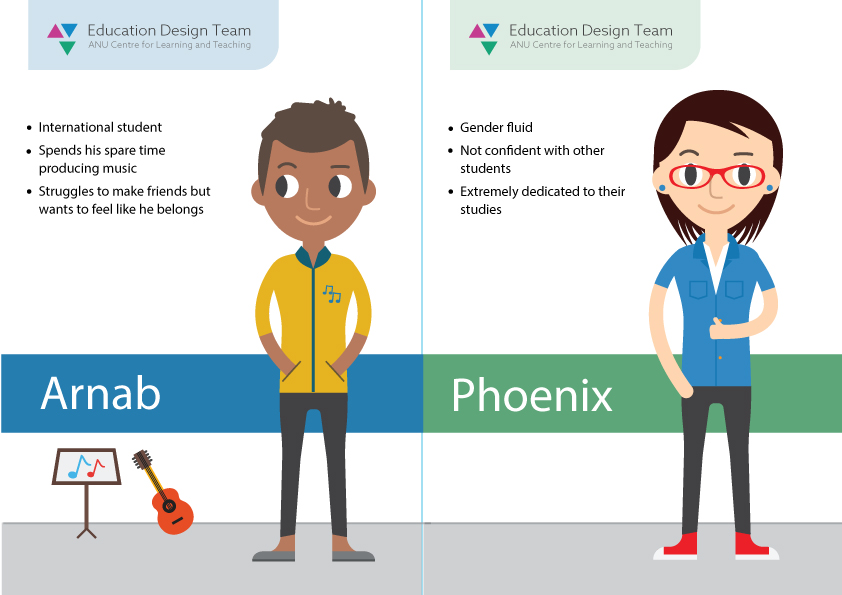The Little Things in Teaching
It’s the little things in teaching that make a difference. It might be providing transcripts of videos for students who prefer to read about ideas and digest them slowly; scheduling virtual office hours so your students know they can contact you; liaising with other course conveners to develop a consistent approach to using teaching platforms; providing a run-sheet with links so students know exactly what to do during tutorials and lectures. Educators from the College of Engineering and Computer Science (CECS) are brimming with ideas – little and large – to make a difference in their students’ learning journeys. See some of them in the video below.
On Monday 13 July, nearly one hundred CECS teaching staff came together for an all-day intensive with the purpose of sharing their teaching ideas and finding ways to improve the student experience. The introductory video above will give you a sense of the origins of the event and how the day was run.
The resources and activities explored by participants were developed and facilitated by a wide range of collaborators, including Dr Kim Blackmore, Dr Kelly Frame, Rafael Florez, Dr Scott Rickard, Françoise Muller, and Jill Lyall from CLT, and Dr Katherine Daniell, Jenny Simmons, Dr Amy McLennan, Sophie Burgess, and Ellen Lynch from the ANU College of Engineering and Computer Science.
Including Diverse Students
The first session of the day was brought to participants by the “Every Voice” project – an initiative funded by the ANU Gender Institute and the Centre for Learning and Teaching. The session explored diversity and inclusivity, with a focus on identifying challenges that face diverse students and brainstorming teaching strategies to mediate those challenges. The teaching staff developed plans for fostering social belonging, arranging group work, using inclusive language, representing diverse people in their course materials, and responding to tricky situations, such as this scenario described by Sophie in the video below.
The staff also worked in small groups and were assigned a student persona; some examples of which you can see below:

Their mission was to create an optimal learning experience that would meet their students’ needs. It soon became clear that individual students respond to different teaching approaches, hence many CECS conveners employ a range of strategies to make sure every student is included and has their chance to shine.
Engaging Remote Students
Part #2 – Part #3 – Part #4
The second session was devoted to engaging students through multi-mode delivery. The teaching staff were tasked with finding inventive ways to adapt two fictional courses (“Smart Cities” and “Drones”) to make them suitable for remote learners. Staff shared their considerable insights from Semester one and formulated plans to create virtual labs, online interactive tasks, guidelines for approaching smooth and successful tutorials and lectures, and processes for ensuring each and every student could access the course.
The intensive was a real meeting of minds, with computer scientists and engineers working side-by-side to create the very best experience for their students as they endure the challenges of the pandemic.
If you are a CECS tutor or lecturer and were unable to attend the intensive, you can complete an asynchronous version of the course by contacting clt@anu.edu.au.
If you are not a CECS convener but are interested in exploring the ways in which you can support your diverse students and their engagement with your course, we strongly recommend you take a look at the following ANU Coffee Courses on offer from CLT:
The courses are rich and for quick-consumption – just like that much-needed morning latte. Enjoy and be inspired!
August 2020
Dr Kelly Frame is a Senior Education Designer in the Education Design (ED) team – one of three teams within the ANU Centre for Learning and Teaching (CLT).
